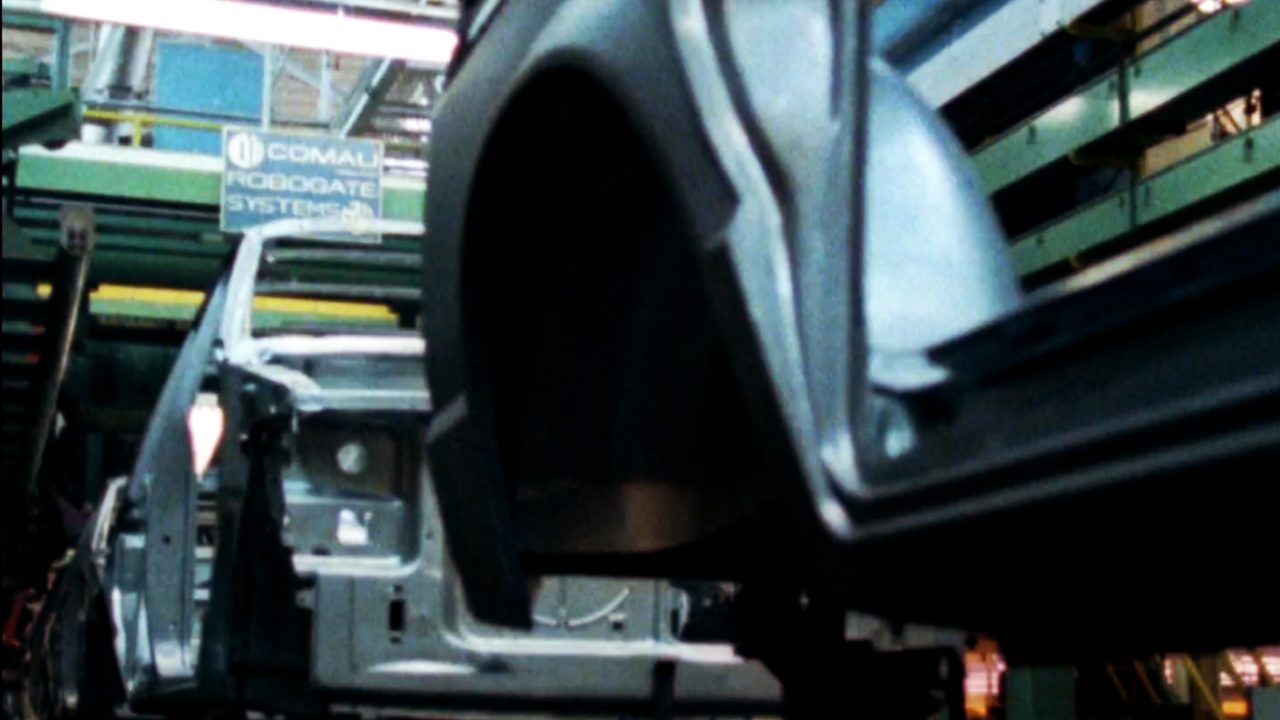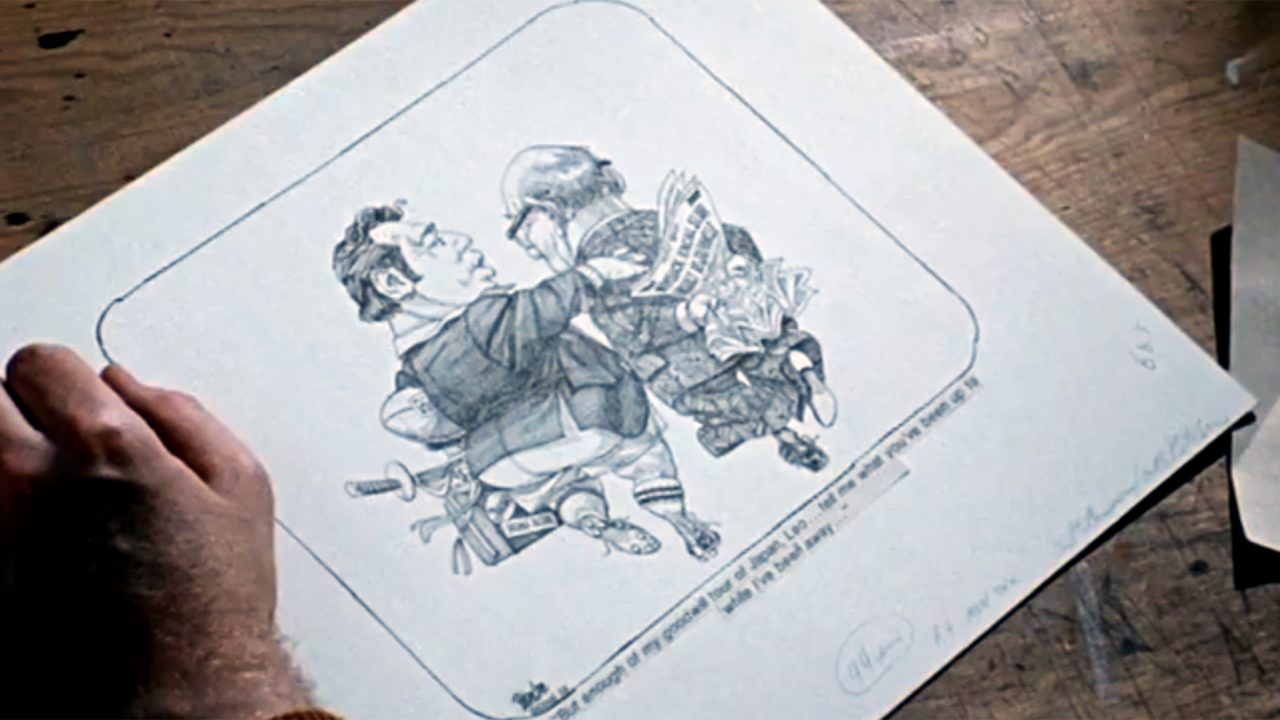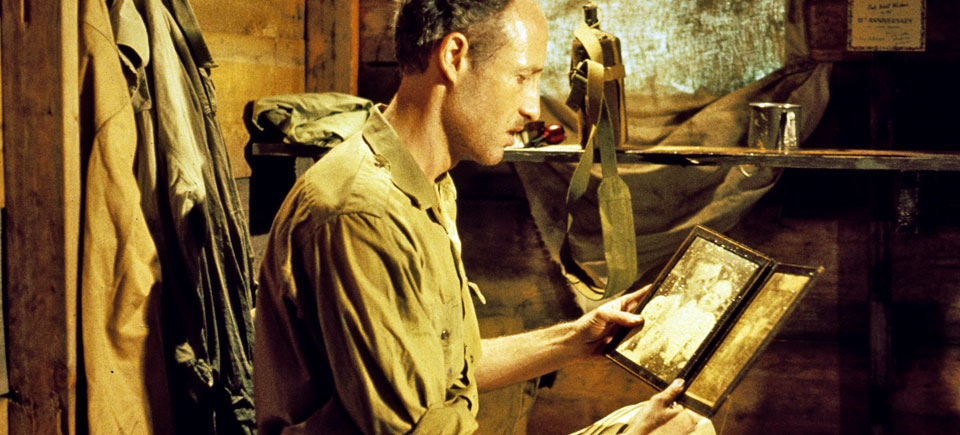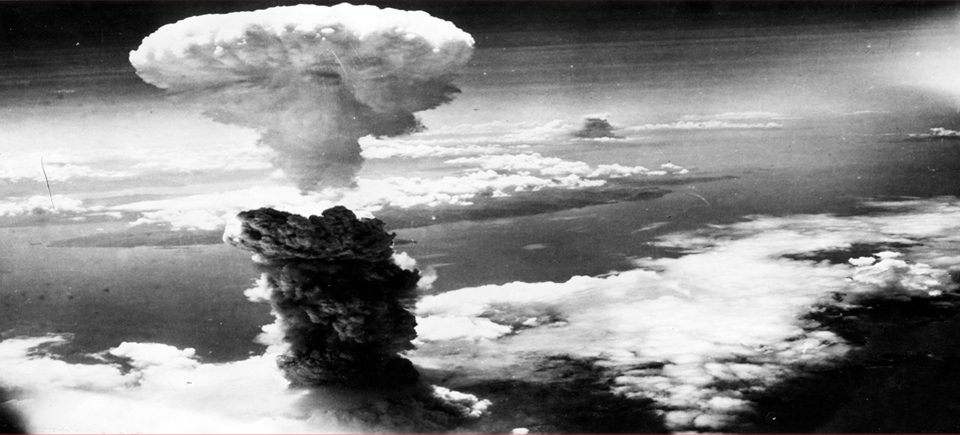
The Political Economy of Canada, From Free Trade to Boom-Bust Cycles | Curator’s Perspective
The Political Economy of Canada, From Free Trade to Boom-Bust Cycles | Curator’s Perspective
Free trade. Tariffs. Protectionism. Conflict between the Prime Minister of Canada and the President of the United States. It seems these issues are in the news on a daily basis in Canada. But what exactly has led to this, and aren’t we in fact repeating history? This blog post will discuss the Reckoning series, a detailed, complex, and fascinating look at the political economy of Canada, from pre-Confederation days right up until 1986. These five films are just as relevant today as when they were produced more than 30 years ago.
In 1987, when Canada’s economy was slowly recovering from the catastrophic recession of 1981, the NFB released a five-part series on the political economy of Canada. Co-written by brilliant political economist James Laxer, the Reckoning series would, throughout the course of its hour-long episodes, explain the history of Canada’s economic triumphs and failures, and the nature of the unique relationship with our sometimes-difficult neighbour to the south.
Laxer appears on camera throughout, whether it’s to chuckle at the hostile relationship between John Diefenbaker and John Kennedy or ponder why the oil boom of the 1970s was so devastating in the long run for Alberta. The series is complex but not beyond the layman’s comprehension. Although a great deal of material is discussed, Laxer makes sure it’s framed in terms we can understand.
Episode one of the series, The Rise and Fall of American Business Culture, describes just that—how economic power shifted away from the United States to places like Japan. Part of it is attributed to the adversarial model of the workplace found in the States. The Japanese management model preaches a kind of teamwork where everyone wins. At one point, we see President Reagan commenting that “if the US can trade with other nations on a level playing field, we can out-produce and out-sell anybody, anywhere in the world.” It seems to me I’ve heard that somewhere recently! Laxer and other economists point to the lack of long-term planning in the USA as part of the reason it cannot right its economic ship.
The Rise and Fall of American Business Culture, Kalle Lasn, provided by the National Film Board of Canada
Episode two, Shift Change, deals with automation and more specifically how it has devastated the steel industry in towns like Hamilton, Ontario. Laxer draws parallels with the Industrial Revolution in Great Britain with all its horrors, including the use of child labour, supposedly in the national interest. Laxer points out that new technology has changed, and will change, the labour landscape, whether we are ready for it or not.
Shift Change, Jefferson Lewis, provided by the National Film Board of Canada
Riding the Tornado, episode three, deals with the cost (mainly in human terms) of boom-bust cycles. Using the example of Alberta’s oil boom and subsequent bust in the 1970s and early 1980s, Laxer shows that in these situations, it’s always the people who pay. Broken marriages, foreclosures, alcohol abuse, domestic violence. All of these are by-products of boom-bust economies. Laxer says that Canada’s resource-based economy has always featured boom-bust cycles, going back to the fur trade. Using the example of the possible oil boom in Newfoundland, he contemplates whether perhaps there’s a better way, one that does not so often end up devastating people’s lives.
Riding the Tornado, Bob Lower, provided by the National Film Board of Canada
Probably the most enjoyable episode is number four, In Bed with an Elephant, which takes a look at the relationships between Canadian prime ministers and American presidents throughout the years. Did you know that John Kennedy referred to John Diefenbaker as “the old SOB?” (This was partly due to Canada trading with Cuba and China, countries that the Americans considered to be enemies at the time.) It makes the current Trump-Trudeau spat seem tame by comparison. Throughout the history of our country, prime ministers have tried very hard to walk the fine line between negotiating a free trade agreement with the Americans and protecting Canadian values, fearing too much foreign ownership in Canada and too much protectionism on the part of our neighbours. In either case, it has always been a difficult relationship to manage.
In Bed with an Elephant, Kent Martin, provided by the National Film Board of Canada
The final episode, At the Crossroads, looks at the future of Canada’s economy (as it appeared in 1986) and the fears about the upcoming free trade talks with the USA. As we’ve seen, many of these fears were unfounded, but at the time there was genuine concern that free trade would destroy the Canadian way of life and our cultural industries. Canada is compared to France and Sweden, and the role of government in a free-market economy is discussed.
At the Crossroads, Moira Simpson, provided by the National Film Board of Canada
This fascinating series took the pulse of the Canadian economy at the time. Some of the events it predicted did not come true, but nonetheless Reckoning offers an engrossing lesson in economics and history. One thing it did not predict was the economic rise of China (Japan seems to be Laxer’s example of choice), but how could they have seen that coming at the time?
One last bit of intriguing information concerns the broadcast of the series on Canadian television. The CBC refused to air it, feeling it was not balanced enough. This angered the NFB, as producers felt that the CBC was engaging in censorship. Reckoning had to be shown on a patchwork of educational TV networks throughout Canada, including TV Ontario, the Knowledge Network (BC), Access Alberta and the Atlantic Satellite Network. Some PBS border stations also carried the show.
I invite you to watch this riveting series. It will give you a better understanding of where we came from, and put the current economic squabbles in much-needed perspective.



